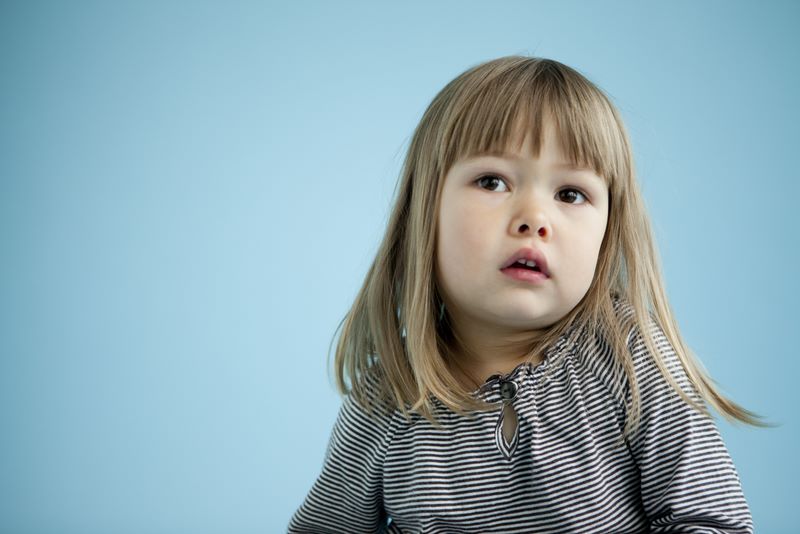Protecting Your Toddler from Domestic Abuse

Children are affected by everything that happens to them and their families.
If you're concerned for your own safety, or for your toddler's, don't be afraid to ask for help.
Abuse occurs in all cultures, in all economic brackets, and affects both men and women in all kinds of relationships. It can have short and long term impacts on a child's physical and mental health, whether it's physical, emotional, verbal, mental, sexual or happens through neglect or social isolation.
Children can experience abuse directly, or indirectly by witnessing someone they love being harmed.
It's important to protect your toddler from all forms of abuse - children in B.C. have a legal right to grow up free from harm and the threat of harm.
Get Help for Violence
Sometimes parents feel helpless to deal with violence in the home, but if you or your children are experiencing violence, help is only a phone call away. In case of emergency, dial 9-1-1 or the operator and ask for the police.
For non-emergency support, call VictimLINK - a province-wide telephone helpline for victims of family and sexual violence and all other crimes. VictimLINK operates 24 hours a day, seven days a week, and provides service in 130 languages. It will help you find the victim services closest to you. Phone toll free 1-800-563-0808. For deaf and hearing impaired assistance (TTY): 604-875-0885.
A transition house may be available to provide safe shelter for you and your children. For more information visit the British Columbia Society of Transition Houses website for more information.
You can also talk to your healthcare provider about your situation. He or she will put you in touch with the right resources.
Resources & Links:
HealthLink BC: Child Abuse and Neglect
HealthLink BC: Child Abuse: Emotional Abuse by Parents
HealthLink BC: Child Abuse: Signs of Neglect
Previous:Playground Safety for Toddlers
-
When your toddler outgrows their crib, it’s time to look for a “big kid” bed. You’ll probably spend some time buying a new mattress and bedding, but what about a pillow? Does your child need one, and if so, what kind? The American Academy
-
High chairs let your baby enjoy meals with the rest of the family, but they arent your only safe feeding option. They can take up precious kitchen space and are difficult to toss in the car and take with you to Grandmas house. Instead, move your baby
-
Many young children have difficulty breathing. This may be a result of asthma, RSV or some other type of bronchial infection. In these cases, a physician might prescribe albuterol. This bronchodilator relaxes the airway muscles to increase the flow o


